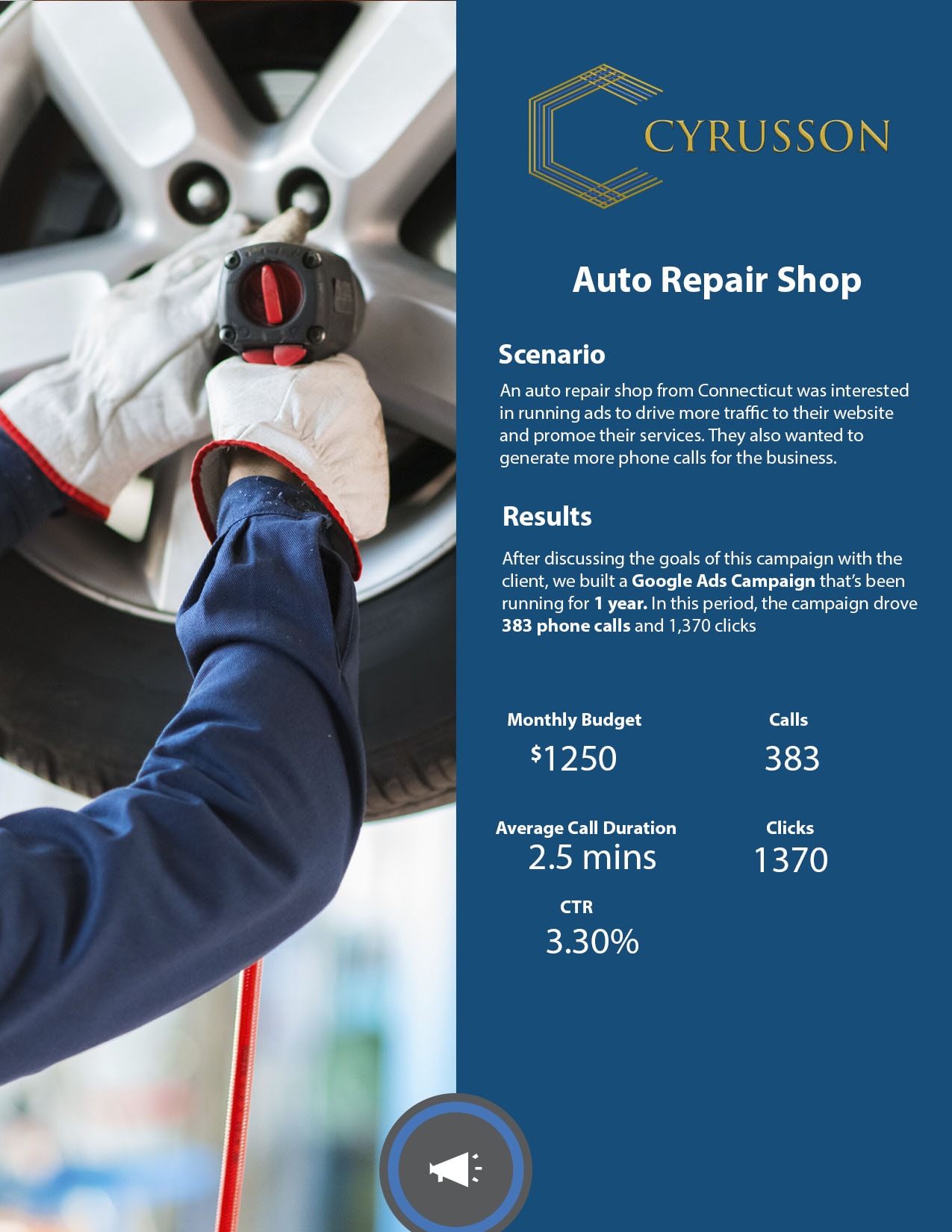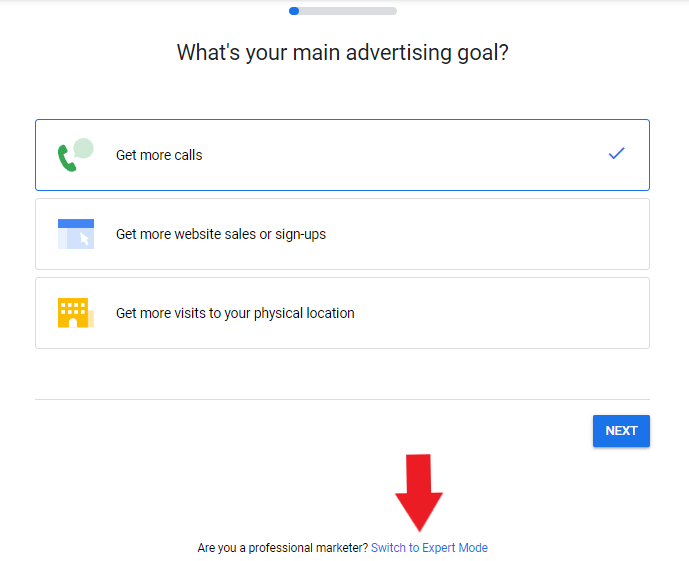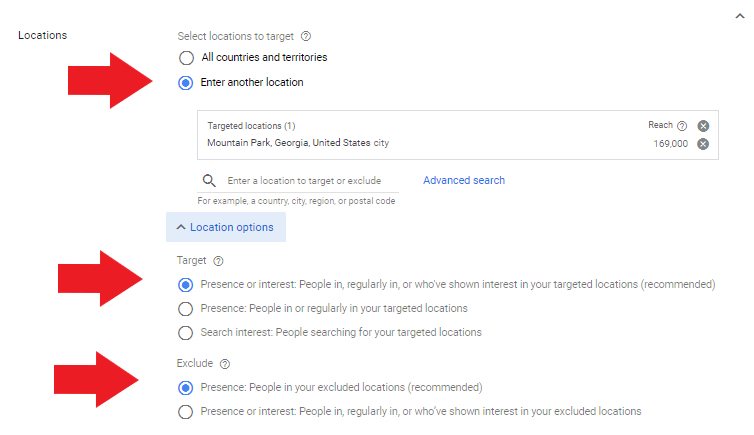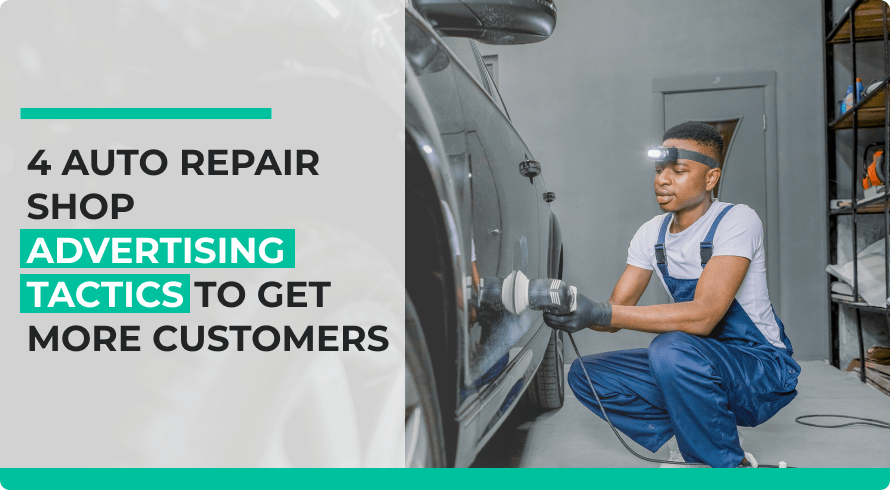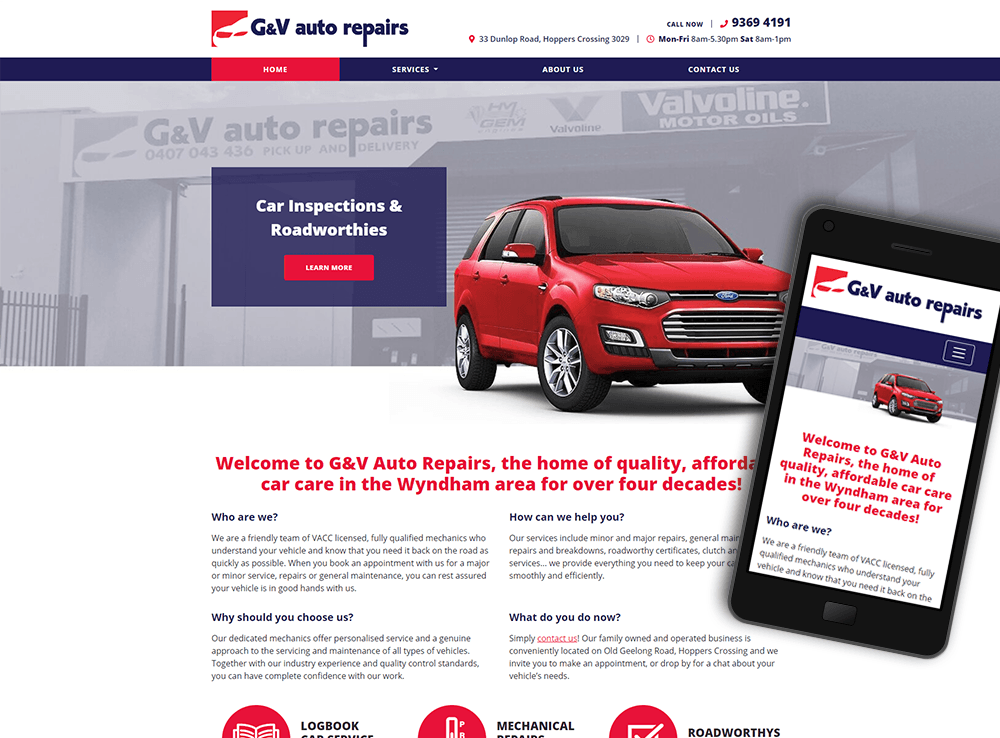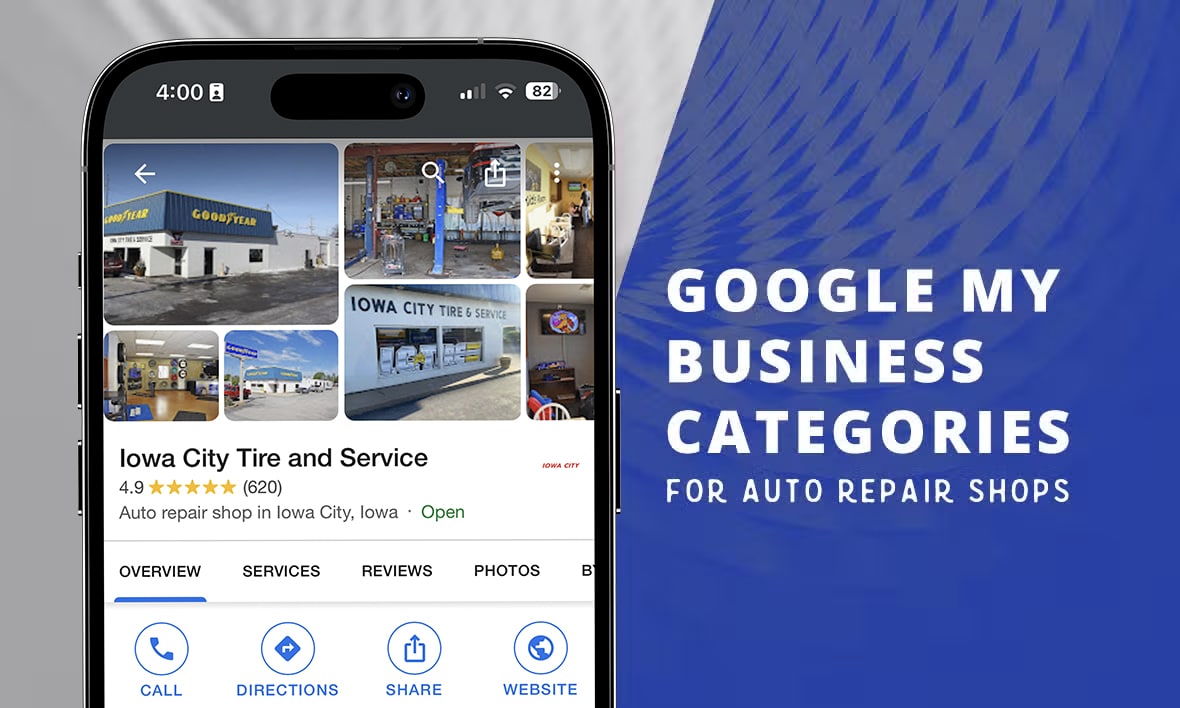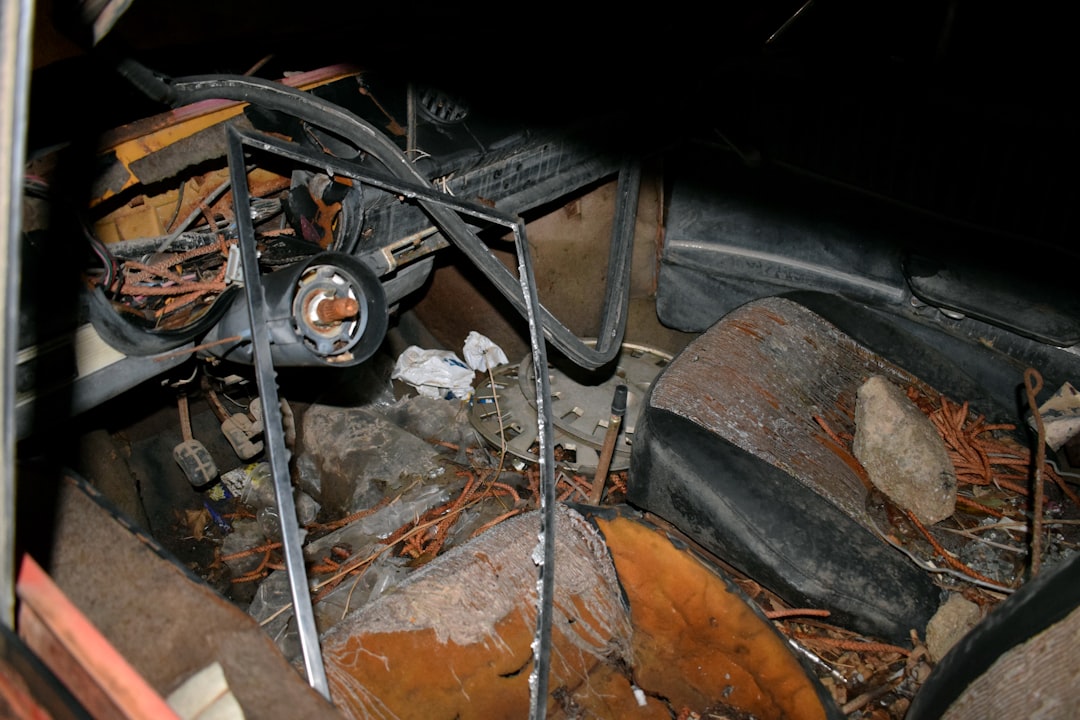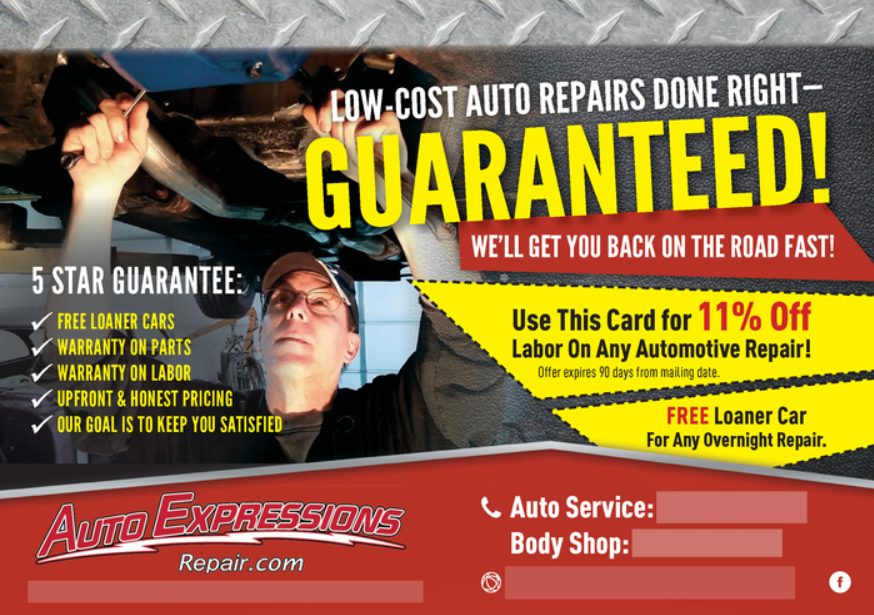Google Ads For Auto Repair Shops
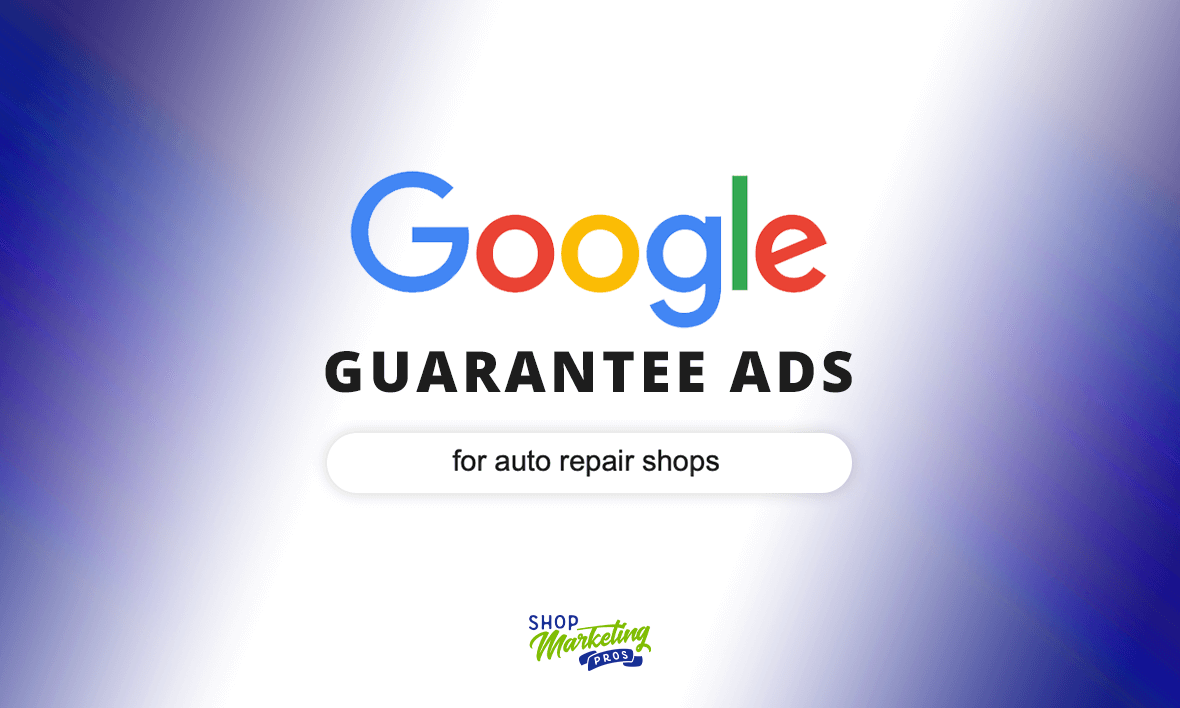
The roar of engines and the screech of brakes are the soundtrack of a booming auto repair industry, but beneath the hood, a fierce battle for customers is being waged online. Auto repair shops, once reliant on word-of-mouth and local advertising, are now increasingly turning to Google Ads to drive traffic and fill their bays. But is this digital tool truly an effective solution, or a costly gamble in an increasingly competitive landscape?
Google Ads, the search engine giant's pay-per-click advertising platform, offers auto repair businesses the potential to reach customers actively searching for their services. This article delves into the effectiveness of Google Ads for auto repair shops, examining its benefits, challenges, and strategies for success. It will explore the costs involved, the return on investment, and the evolving best practices in this digital arena, drawing on industry data and expert insights to provide a comprehensive analysis.
The Allure of Targeted Advertising
The primary appeal of Google Ads lies in its ability to target specific keywords and geographic locations. Unlike traditional advertising, where businesses cast a wide net, Google Ads allows auto repair shops to connect with customers actively seeking their services at the precise moment they need them.
For example, a customer searching for "brake repair near me" will see ads from local auto repair shops bidding on those keywords. This targeted approach dramatically increases the likelihood of attracting qualified leads and converting them into paying customers.
According to a 2023 report by Statista, search advertising accounts for a significant portion of digital ad spending, highlighting its importance in the modern marketing mix.
Cost vs. Reward: Understanding the Investment
While the potential benefits of Google Ads are clear, the costs can be a significant barrier for small auto repair shops. The pay-per-click model means that businesses pay each time a user clicks on their ad, and these costs can quickly add up, especially for competitive keywords like "engine repair" or "transmission service."
The average cost-per-click (CPC) for auto repair related keywords can range from $2 to $10, depending on location, competition, and the specific keyword. This necessitates a careful budgeting strategy and continuous optimization of ad campaigns to maximize return on investment (ROI).
Many shops find that working with a digital marketing agency specializing in Google Ads is beneficial, as these agencies possess the expertise and tools to manage campaigns effectively and track performance.
Crafting Effective Ad Campaigns: Best Practices
Success with Google Ads hinges on creating compelling and well-targeted ad campaigns. This involves conducting thorough keyword research to identify the most relevant and cost-effective search terms. It also requires crafting persuasive ad copy that highlights the shop's unique selling points, such as expertise, customer service, or special offers.
Landing page optimization is also crucial. When a user clicks on an ad, they should be directed to a landing page that is relevant to their search query and designed to convert them into a customer. This could involve providing clear contact information, offering online appointment scheduling, or showcasing customer testimonials.
Google Ads provides various targeting options, including geographic targeting, demographic targeting, and device targeting. By leveraging these options, auto repair shops can further refine their campaigns and reach the most likely customers.
The Rise of Mobile and Local Search
The proliferation of smartphones has transformed the way consumers search for auto repair services. Mobile searches, particularly those with local intent, have become increasingly prevalent.
Auto repair shops must ensure that their Google Ads campaigns are optimized for mobile devices and that their website is mobile-friendly. This includes using mobile-specific ad extensions, such as click-to-call buttons and location extensions, which make it easy for customers to contact the shop directly from their mobile devices.
According to Google, "near me" searches have grown exponentially in recent years, emphasizing the importance of local search optimization for businesses like auto repair shops.
Challenges and Pitfalls to Avoid
While Google Ads offers significant potential, it also presents several challenges. One common pitfall is failing to track and analyze campaign performance. Without proper tracking, it's impossible to determine which keywords are generating the most leads and which ads are performing poorly.
Another challenge is keeping up with the ever-changing landscape of Google Ads. Google regularly updates its algorithms and ad formats, requiring businesses to continuously adapt their strategies.
Furthermore, some auto repair shops may fall victim to unethical practices, such as keyword stuffing or using misleading ad copy. These tactics can damage a shop's reputation and ultimately lead to a poor return on investment.
Beyond Google Ads: Integrating with Other Marketing Efforts
Google Ads should not be viewed as a standalone solution, but rather as part of a comprehensive marketing strategy. Integrating Google Ads with other marketing efforts, such as search engine optimization (SEO), social media marketing, and email marketing, can amplify its impact.
For example, by optimizing their website for relevant keywords, auto repair shops can improve their organic search rankings and reduce their reliance on paid advertising. Similarly, engaging with customers on social media can build brand awareness and drive traffic to their website.
Ultimately, the most successful auto repair shops are those that adopt a holistic approach to marketing, combining the power of Google Ads with other strategies to reach a wider audience and build lasting relationships with their customers.
Looking Ahead: The Future of Auto Repair Advertising
The future of auto repair advertising is likely to be shaped by emerging technologies such as artificial intelligence (AI) and machine learning (ML). Google is already leveraging AI to improve the targeting and optimization of Google Ads campaigns, and this trend is expected to continue.
AI-powered tools can analyze vast amounts of data to identify patterns and insights that would be impossible for humans to detect. This can help auto repair shops to optimize their campaigns in real-time, identify new keyword opportunities, and personalize ad experiences for individual customers.
As the digital landscape continues to evolve, auto repair shops that embrace new technologies and adapt their marketing strategies will be best positioned to thrive in the years to come. The key to success lies in understanding the power of Google Ads, leveraging its capabilities effectively, and integrating it with a broader marketing ecosystem.
